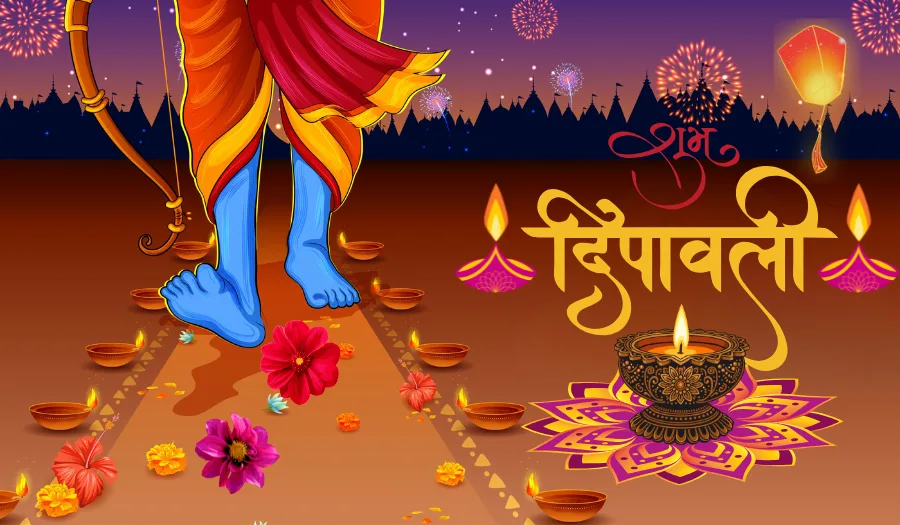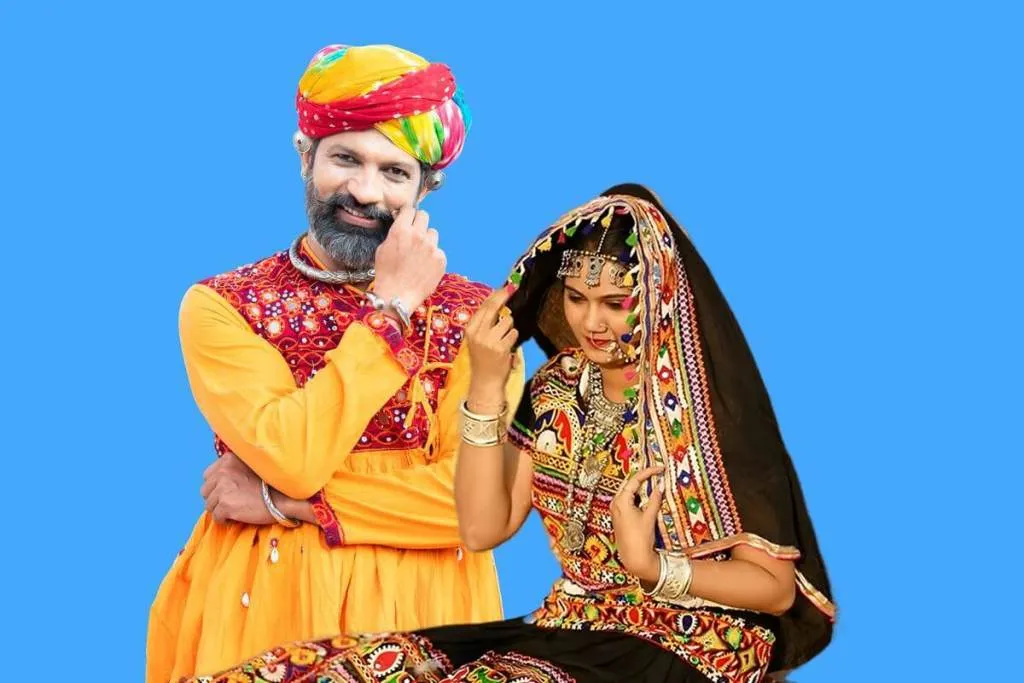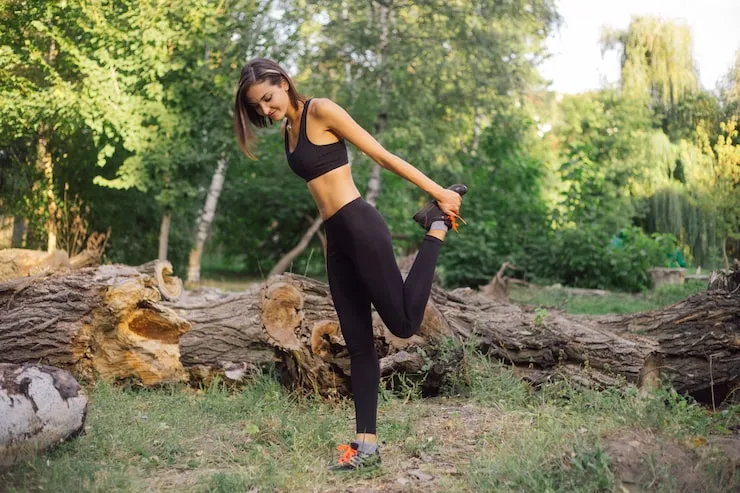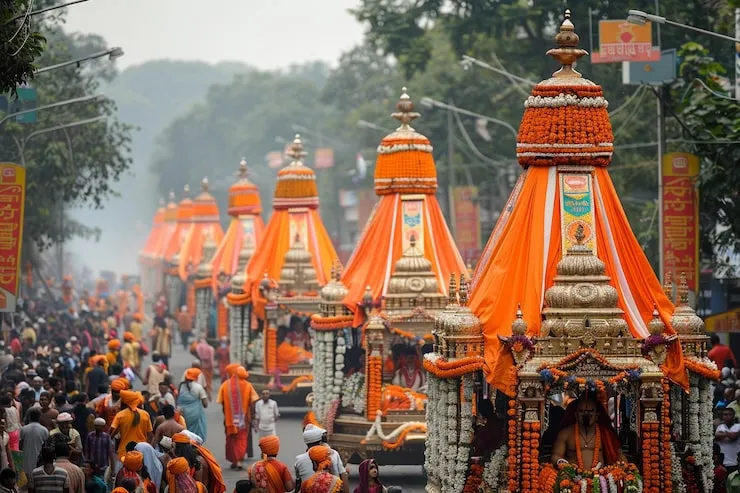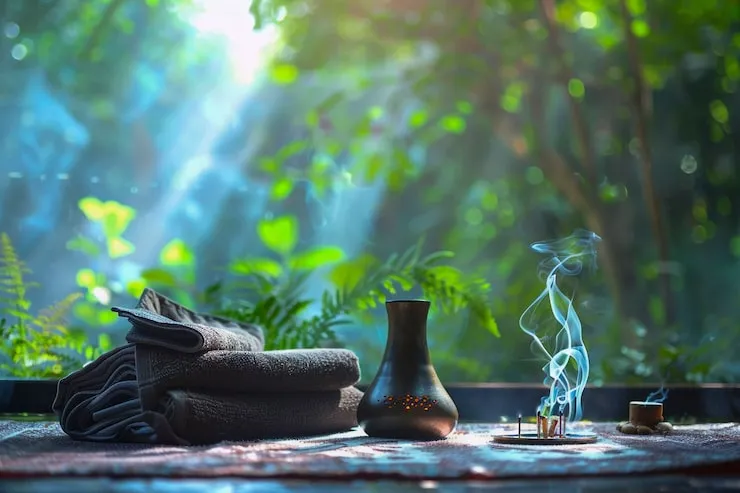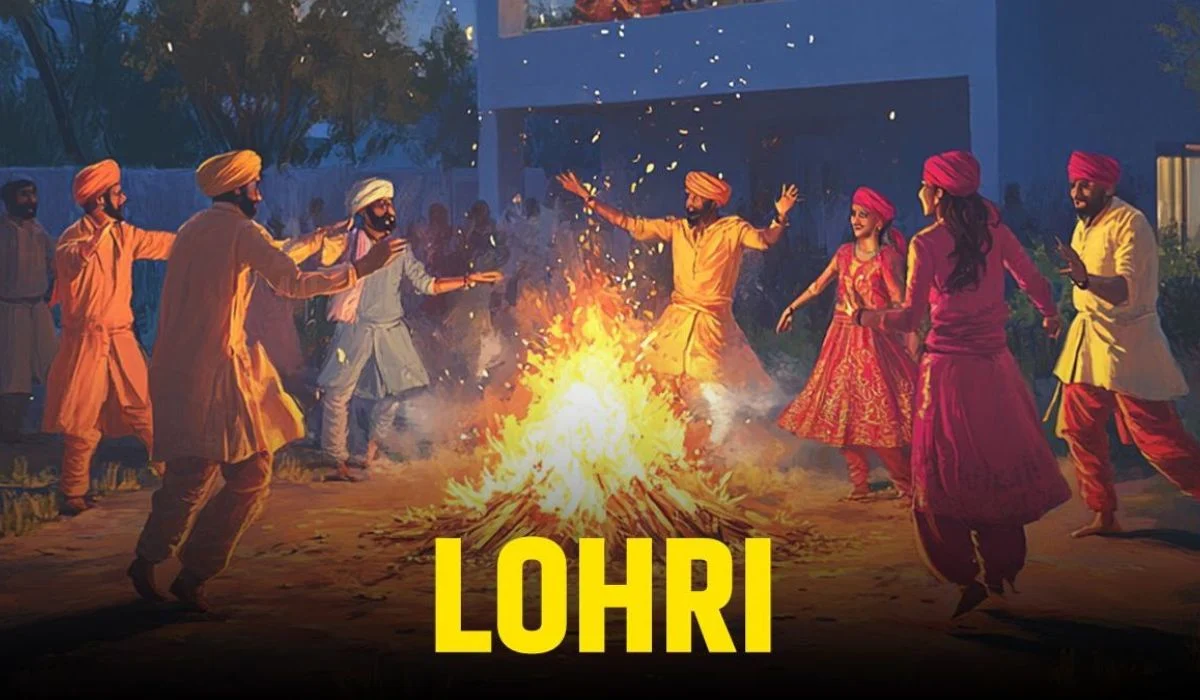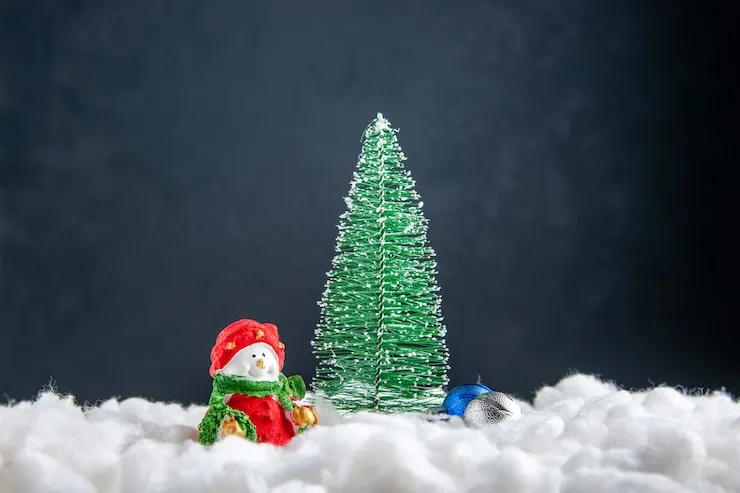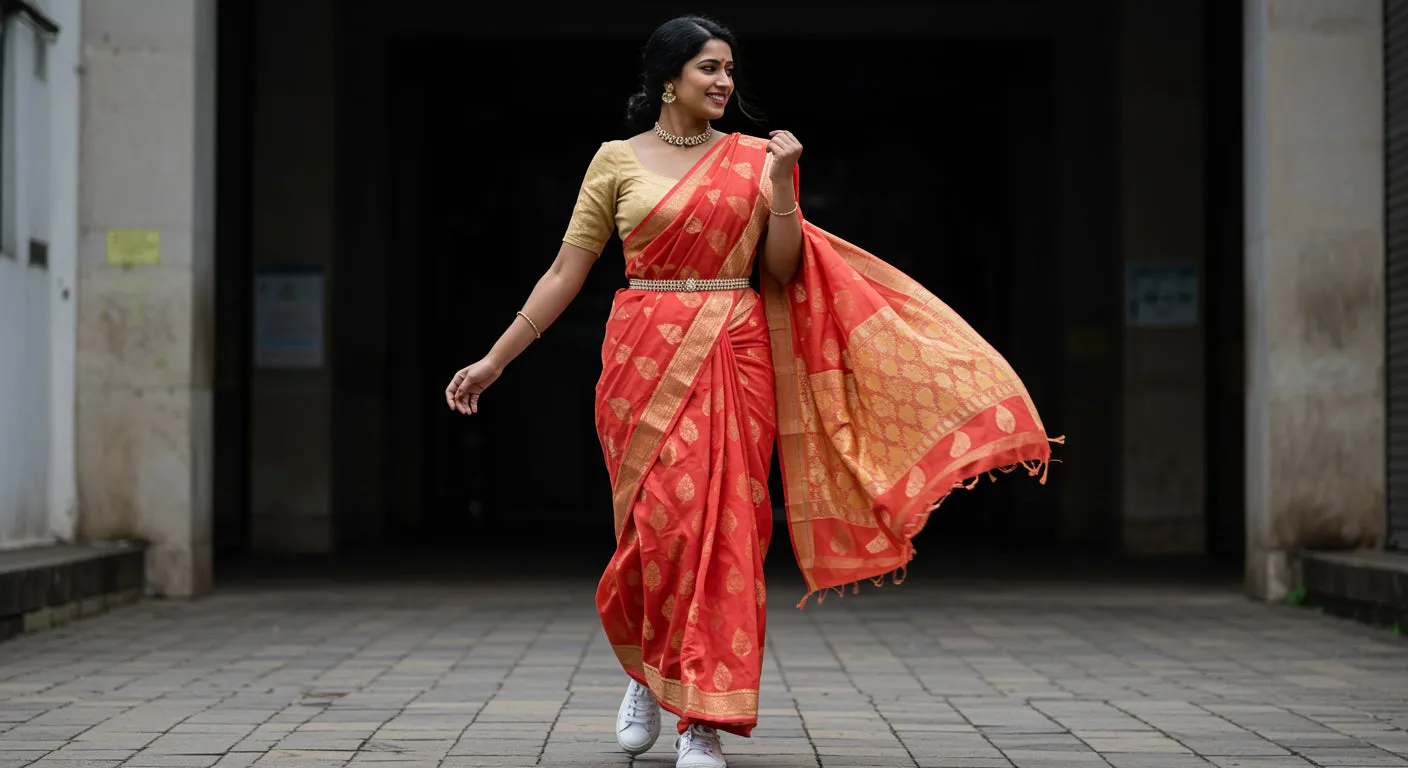Evidently it is not just a festival but it is a huge celebration that ushers the new year and unique culture of the region with its traditions and famous hospitality. Should you ever wish to celebrate Diwali in the Gujarati way, here is your one stop shop programme on how to have a real Gujarati Diwali.
The Gujarati New Year Connection
As opposed to the rest of India where Diwali is taken as a celebration of the reunion of Lord Rama to Ayodhya, to Gujarats, Diwali has a special meaning, as it follows a day later to their New Year which is known as Bestu Varas or Nutan Varsh. It further renders the celebrations all the more rich and significant and stretched the celebrations upwards of five days with distinct rituals and customs.
Dhanteras: The Auspicious Beginning
Gujarati Diwali festival begins with the Dhanteras that is supposed to be the most auspicious day in terms of making new purchases. Gujaratist mob jewellery stores, utensil shops, recently electronic stores to purchase something new- hoping that their life will be blessed with prosperity in the coming year.
The Gujarati way: Buy silver coins or utensils, with the Lord Ganesha or Goddess Lakshmi impressed in it. Most Gujarati families also purchase new business account books (chopda) on this day in anticipation of the Chopada Pujan which follows.
Read also: History Of Diwali Celebrations In Bihar
Kali Chaudas: Warding Off Evil
The second day is the Kali Chaudas (also referred to as Narak Chaturdashi) that is a ritual to eliminate evil and negative energy. This is the period when the Gujaratis also practise the popular ritual that is referred to as the Kali Chaudas.
The Gujarati tradition: Rise early in the morning (tel-abhyanga) to take oil bath as this would symbolise purse of the body and soul. Dab on a besan paste of haldi, oil and besan. Light goes away and drives away darkness and evil spirits. Also, a lot of homes prepare unique dishes like chakri, patra, and dhokla to share with those nearby.
Diwali Day: Lakshmi Puja and Lights Galore
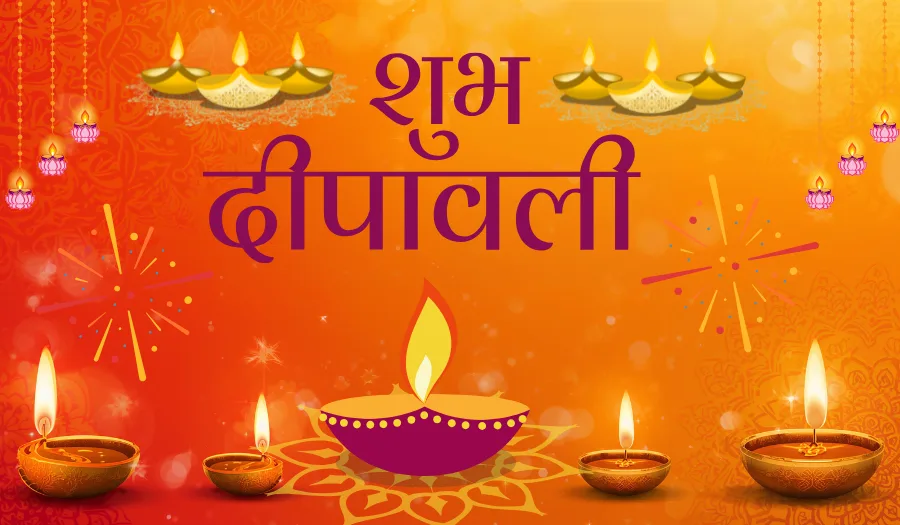
The Diwali day is a popular day that is devoted to the Goddess Lakshmi the Goddess of prosperousness and wealth. Gujarat is bright at this point.
Morning preparations: Wash up the whole house till it glitters. Diwali All Gujarati houses are normally whitened or repainted before Diwali. Design elaborate rangoli patterns at the entrance by use of colour powders, flowers and even colour rice.
The Lakshmi Puja: The families reunite during the night to perform Lakshmi Puja. Cloisons that include silver coins, jewellery and book of accounts should be set near the idol of the deity. Puja is followed by the distribution of prasad (usually chakri, mohanthal or shrikhand), and the gift and money distributed to the children by the elders.
Illuminate everything: With fairy lights, candles, and diyas, Gujaratis go all out. There are earthen lights which are decorating all entranceways, windowsills and corners. The light up of an entire Gujarati neighbourhood on Diwali night is really spectacular.
Chopda Pujan: The Business New Year
This unique Gujarati tradition involves worshipping new account books and is especially important for the business community.
The ritual: Business owners and traders perform a special puja of their new ledgers (chopda), seeking blessings for a prosperous year ahead. The muhurat (auspicious time) for this is carefully chosen, and the first entry is made with great ceremony, often starting with "Shubh Labh" (auspicious profit).
Bestu Varas: The Gujarati New Year
It is the next day after Diwali when the Gujarati celebrate their own New Year almost as enthusiastically as Diwali.
Morning traditions: Pray in temples early in the morning to get blessings of the new year. Send warm greetings to each and every person you come across.
Food, glorious food: This is when Gujarati cuisine takes center stage. Families prepare elaborate meals featuring:
- Undhiyu (mixed vegetable curry)
- Puri or jalebi-fafda
- Mohanthal, ghughra, or chakri
- Fresh sugarcane juice
- Shrikhand and basundi
The visiting marathon: Gujaratis are known to take time to meet their friends and family physically, to wish them a good new year. Get ready to house-hop, go on sweeties in each house and have your stomach approaching by night!
Read also: Why Chhath Puja Is Special in Bihar | Spiritual Significance & Traditions
Bhai Beej: Celebrating Sibling Love
At the end of the festival is the event of Bhai Beej which is the celebration of brother-sister relationship. A tikka ceremony is done by the sisters to brothers where they ensure that their brothers have long life and good luck and the brothers offer gifts to their sisters.
The Gujarati Diwali Food Spread
There is no Gujarati celebration which is not accompanied with food, and Diwali is the royal feast. Conventional preparations consist of:
Savory delights:
- Chakri (spiral murukku)
- Sev and gathiya
- Fafda
- Khandvi
- Dhokla
- Patra
Sweet temptations:
- Mohanthal (gram flour fudge)
- Ghughra (sweet samosas)
- Lapsi (sweet broken wheat)
- Basundi
- Shrikhand
- Ghari (Surat special)
Many Gujarati families start preparing these delicacies weeks in advance, with recipes passed down through generations.
Card Games: A Spirited Tradition
In Gujarati families dinners, a Diwali night is associated with playing cards. The folklores of Diwali suggest that playing cards on the Diwali day has good fortune and that Goddess Lakshmi comes to the enterprises that are active and lively. The most played game is teen patti (three-card poker) in which the members of both the family participate in fun at any age.
The Modern Gujarati Diwali
The traditions are still quite high, but the new families of Gujarati people are also following the eco-friendly celebrations. Many of them are substituting natural rangoli colour, noisy celebrations, and electric lights with clay diyas. Community Diwali, charitable events, and online greetings are added to the conventional celebrations of Diwali.
Read also: Chhath Puja 2025 Bihar Ritual Timings
Tips for Celebrating Like a True Gujarati
- Prepare in advance: Use no-last minute preparations. They should start shopping, cleaning and cooking at least seven days before the event.
- Accept the sweet custom: Make or purchase some Gujarati sweets. As Gujarati Diwali is nothing like homemade mohanthal.
- Wear traditional clothes: Women put on either chaniya cholis or silk sarees whereas men wear either kurat-pyjamas or kediyus.
- Give generously: Gujarat people like to share the happiness. Share candy with neighbours, assist employees, and the less privileged.
- Open your doors: The Gujarati culture of hospitality implies leaving your doors open to the visitors during the festive season.
- Oil bath is not to be skipped: Kali Chaudas oil bath is a non-negotiable experience in the traditional homes.
- Participating in the events of the community: There are numerous Gujarati communities that arrange garba, cultural programmes, and fireworks exhibitions.
The Spirit of Gujarati Diwali
It is not merely about rituals or even food that makes Gujarati Diwali special, but it is about the sense of community, the nature of hospitality, and the actual happiness which fills any celebration. It is the family relationships empowered by playing cards, the pride to wear a traditional dress, satisfaction of exchanging home made delicacies and the hope that comes with a new life. Being born a Gujarati, or just every person who wants to enjoy this wonderful cultural holiday at its fullest, adopting all these traditions will make you have a light, laugh-filled, prosperous, and you will have a lifetime of your Diwali celebrations.



